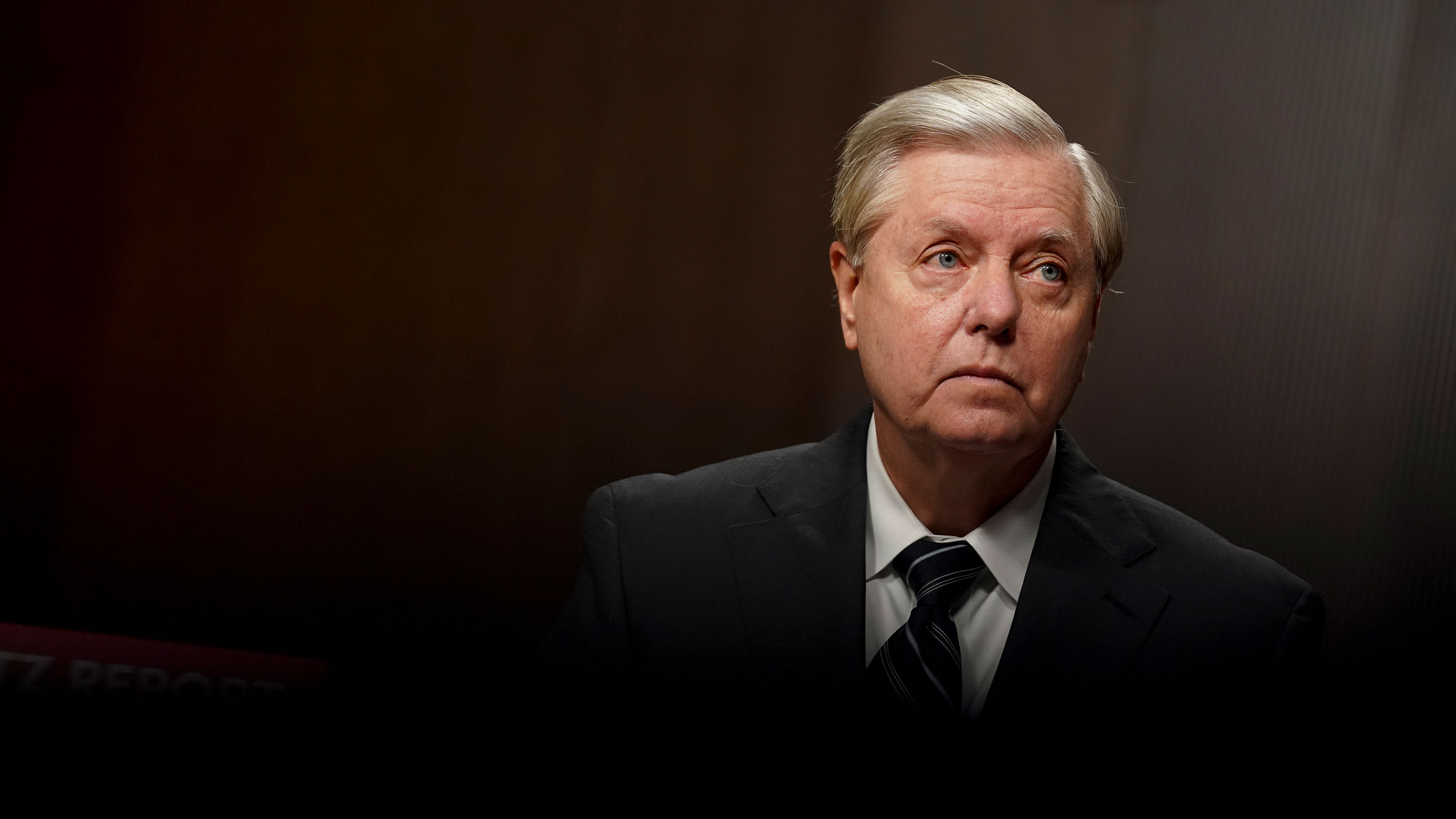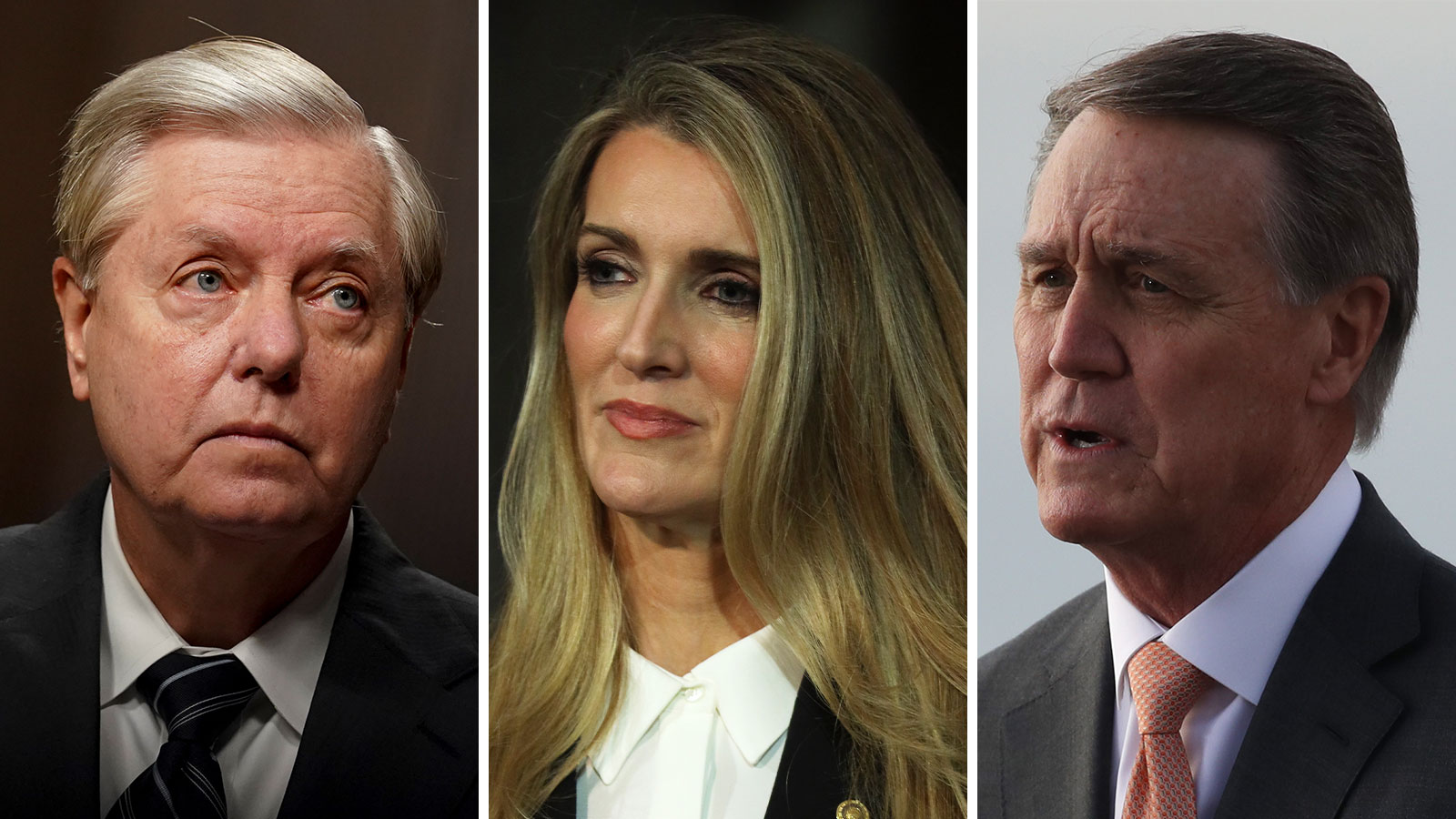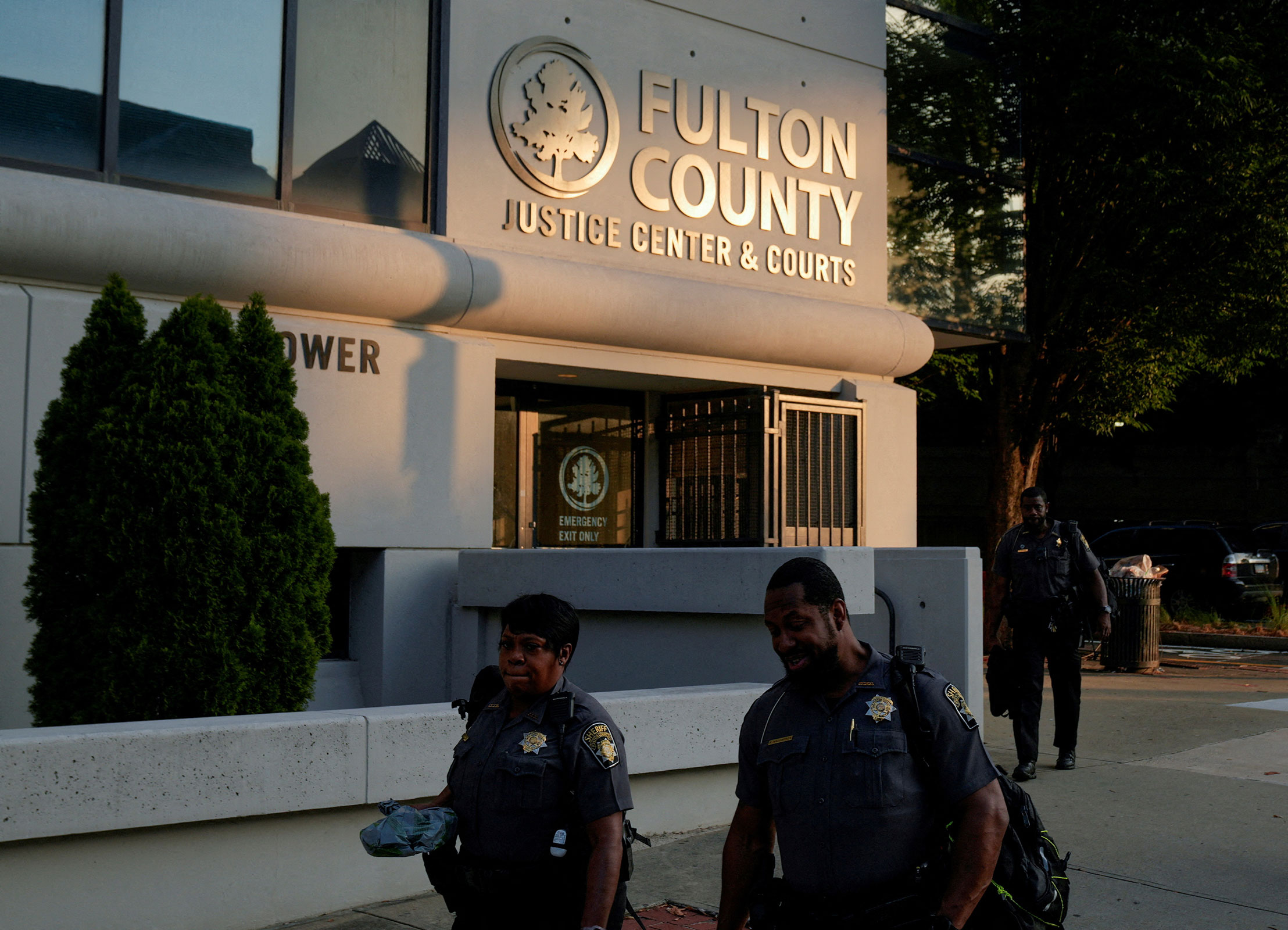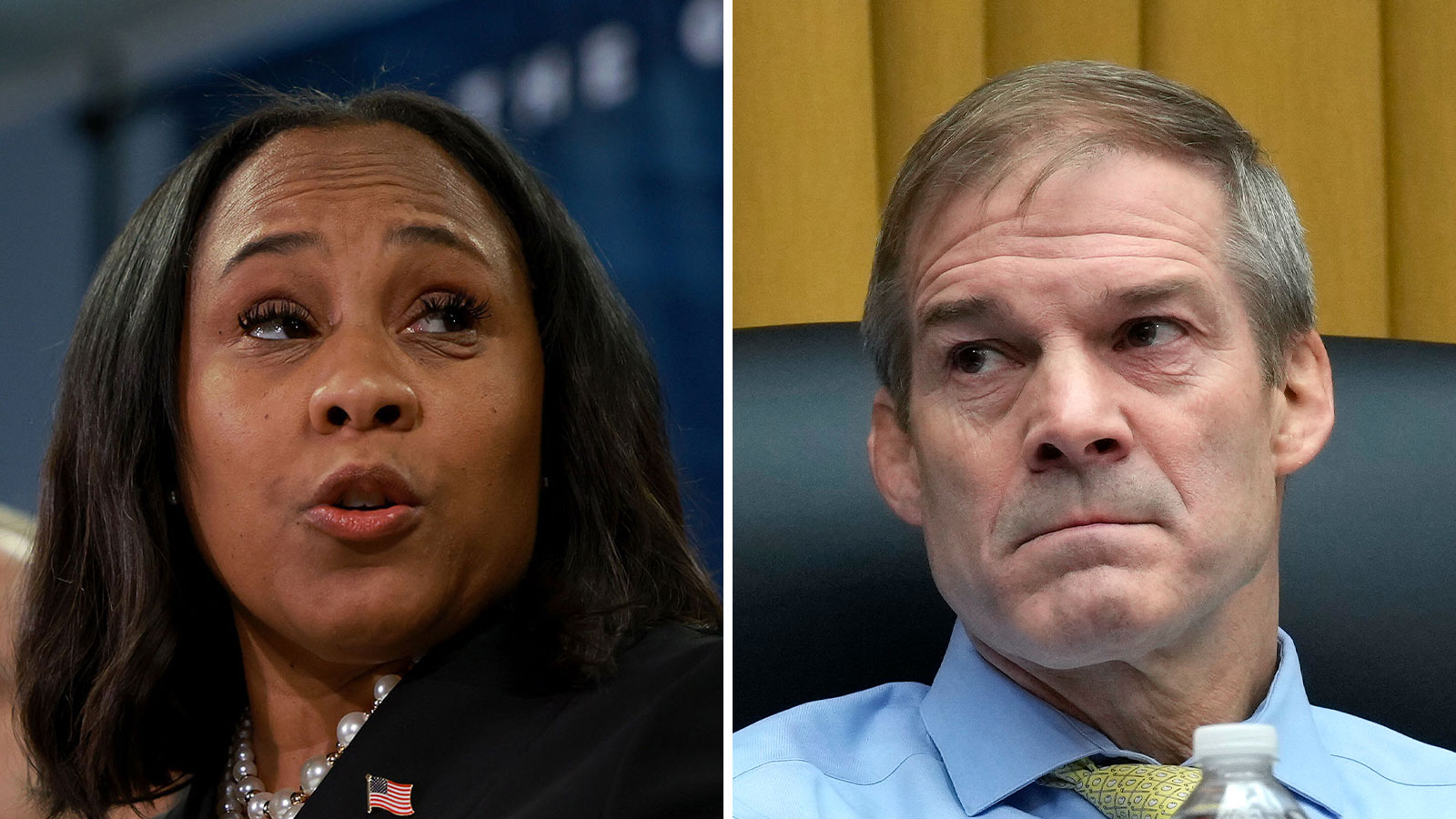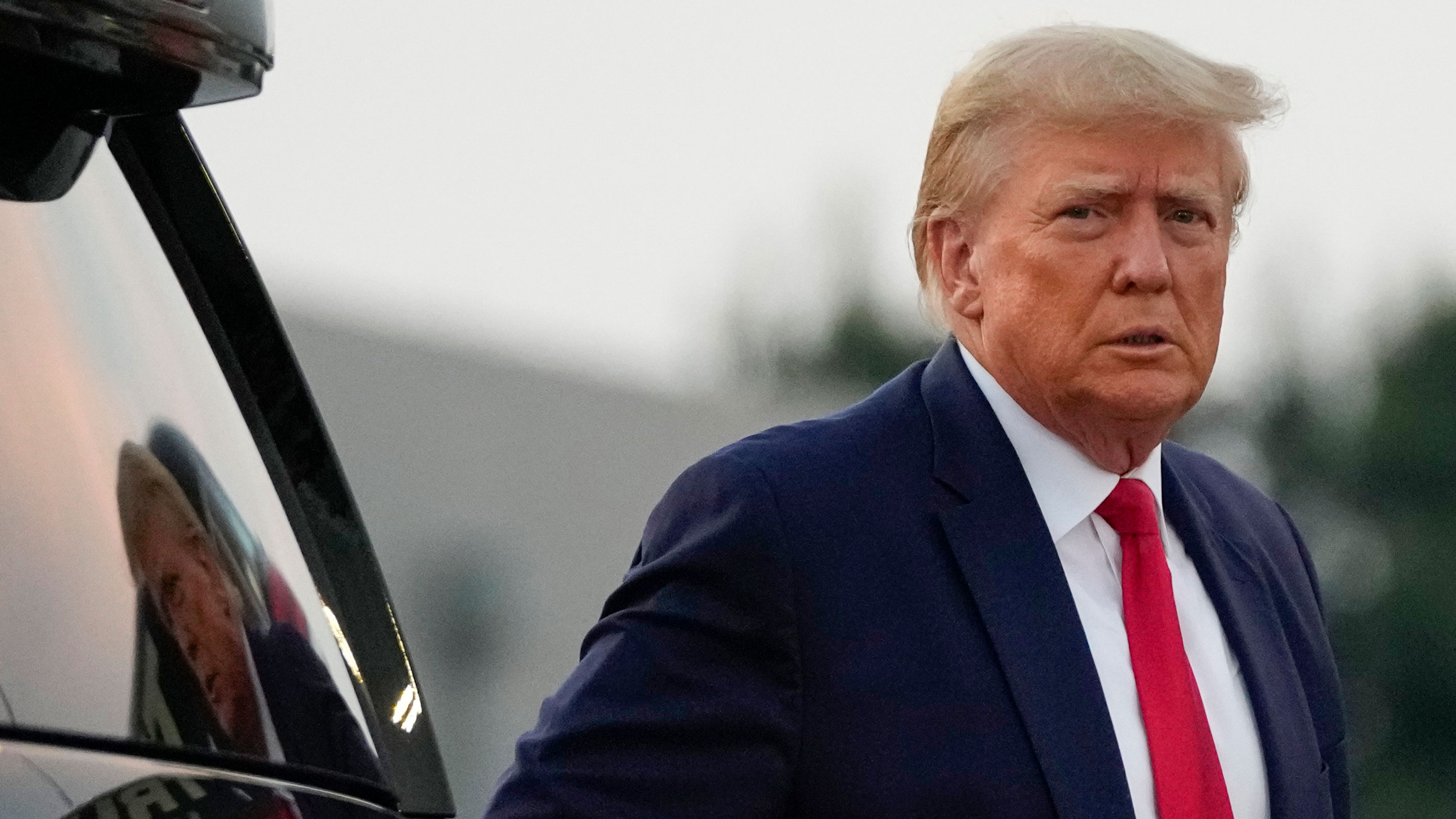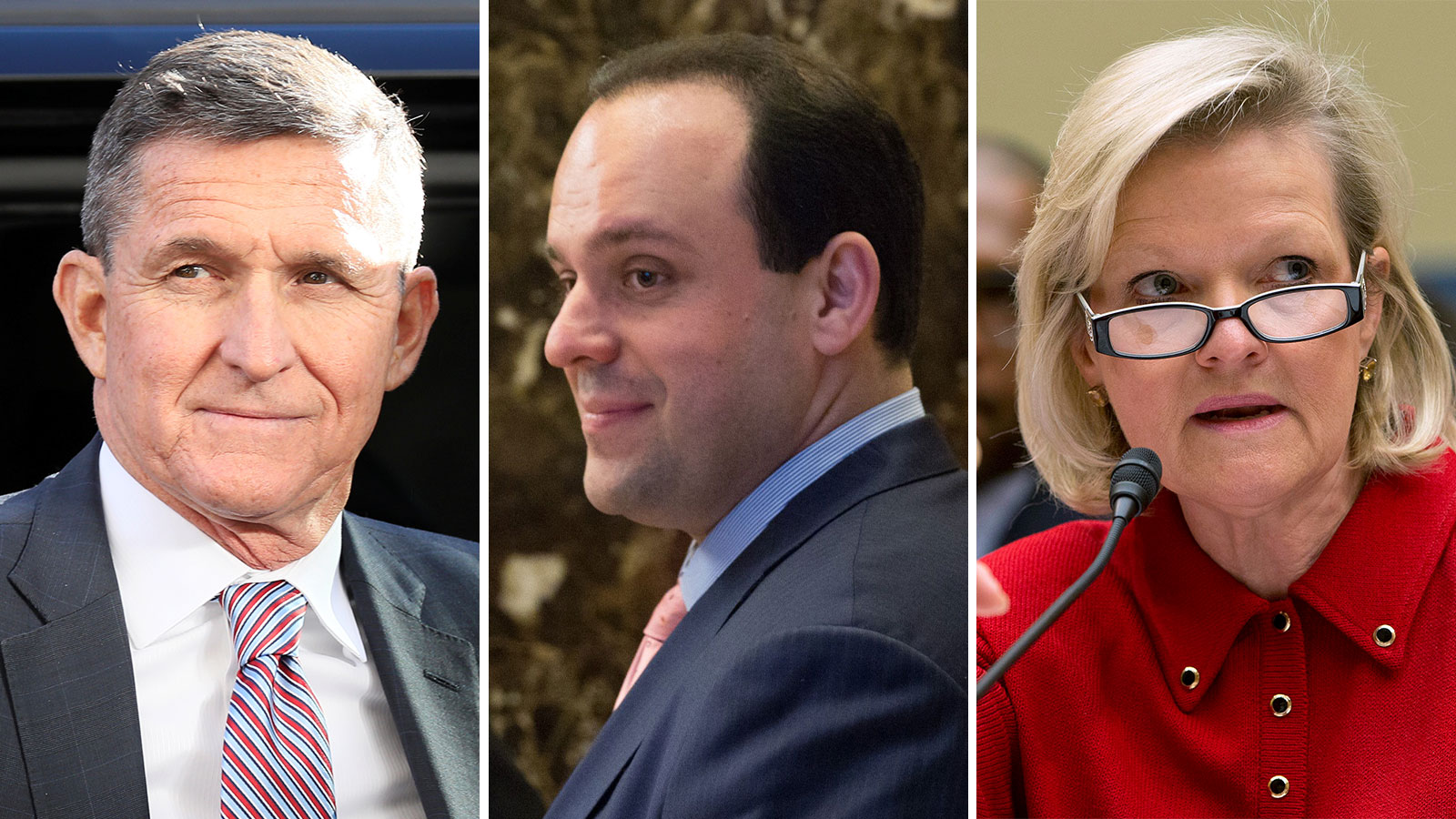
The special grand jury in Fulton County, Georgia, also recommended charges against three one-time or current allies of former President Donald Trump: former adviser Michael Flynn, adviser Boris Epshteyn and attorney Cleta Mitchell, according to the report released by a judge Friday.
None of them ended up facing charges when Fulton County District Attorney Fani Willis returned an indictment last month against Trump and 18 co-defendants in a sprawling racketeering case regarding alleged efforts to overturn the results of the 2020 election. They have denied wrongdoing.
Flynn, who was briefly Trump’s national security adviser in 2017, promoted baseless conspiracy theories about the 2020 election. He informally advised Trump after the election, attending at least one meeting at the White House. He urged Trump to use the military to seize voting machines and “re-run an election” in states that he lost. (Flynn pleaded guilty to lying to the FBI as part of the Russia probe in 2017, but Trump pardoned him before leaving office.) A lawyer for Flynn criticized the Fulton County prosecution after the release of the special grand jury’s final report, calling it "baseless."
Epshteyn, a Trump campaign advisor, helped organize illegitimate slates of pro-Trump electors in battleground states that Biden actually won. He was also at the “command center” at the Willard Hotel in Washington, DC, where he worked with Trump allies on ways to overturn the 2020 election.
Mitchell, a conservative lawyer, got involved with Trump’s campaign shortly after the 2020 election, when White House chief of staff Mark Meadows asked her to go to Georgia. She was a volunteer legal adviser there and helped the campaign file a lawsuit in seeking to invalidate Georgia’s results by claiming fraud. Mitchell was on the phone with Trump when he pressured Georgia’s secretary of state to “find” the votes needed to overturn the election.
Kara Scannell. Sara Murray, Kristen Holmes, Jeremy Herb and Hannah Rabinowitz contributed reporting to this post.
